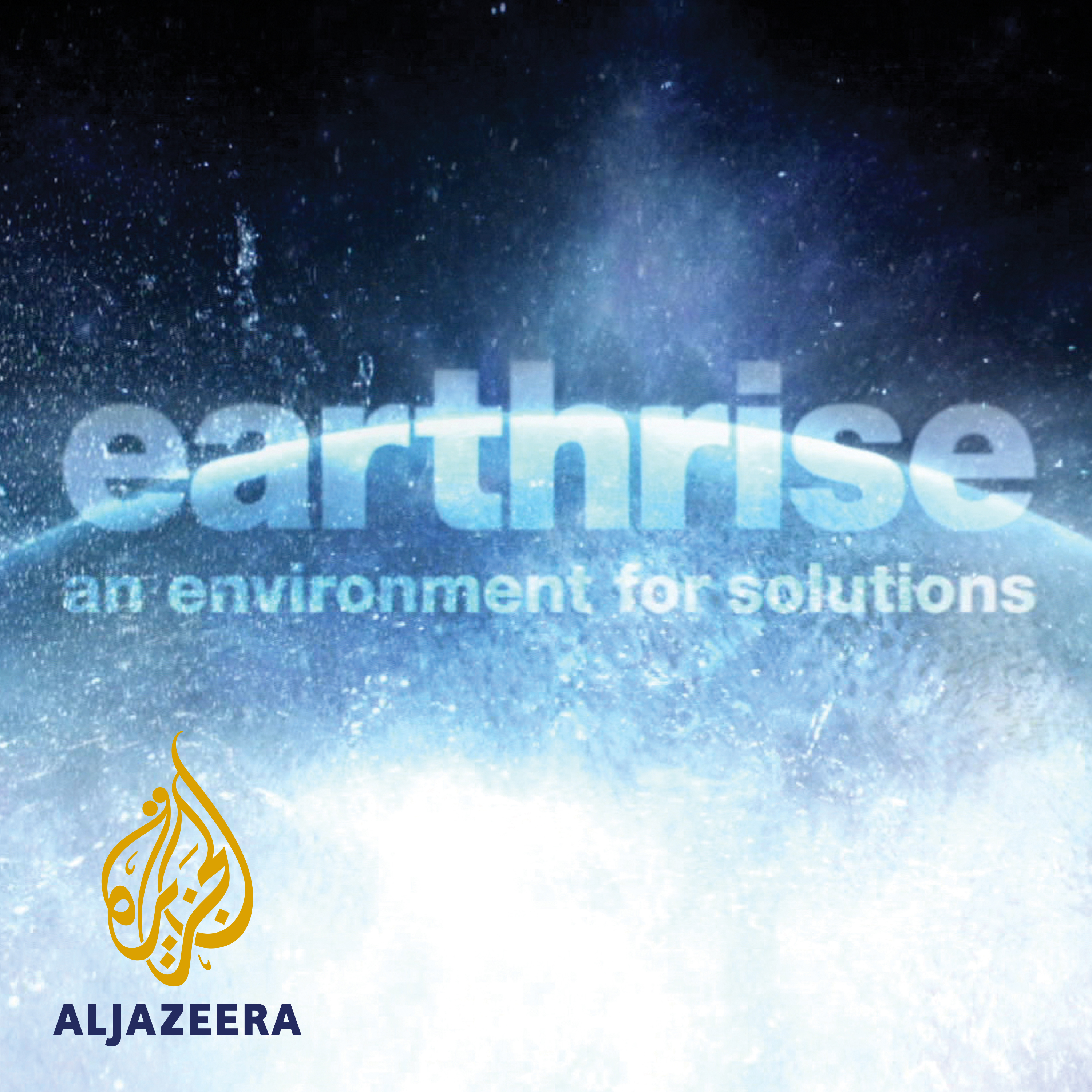Life After Conflict: Healing the Environmental Wounds of War
Description
earthrise looks at ways of healing one of the silent and often forgotten casualties of war – the environment.
In conflict, one of the silent and forgotten casualties is often the environment.
From the chemical contamination of soils with chemicals, and the collapse of water and food supplies, to the habitat damage caused by displacement, war has devastating consequences. Not only man-made infrastructures but also natural ecosystems are destroyed and lives lost.
But even amid the most vicious struggles, there are people fighting to protect the world we live in and recover what was lost.
Protection of the environment is a norm. It's something which we do, where are standards in place. Yet, during conflict, it is almost as if anything goes. You can cause whatever damage you like and there is no accountability, there's no redress.
Doug Weir, director, The Conflict and Environment Observatory
The Rohingya and the elephants
In August 2017, a brutal campaign of ethnic cleansing began in Myanmar. The military and armed fighters claimed the lives of more than 6,000 Rohingya in just one month. Fearing death, thousands more fled the country for the forests of Bangladesh.
The scale of the exodus was enormous, and today they are still unable to return home.
Over 1.2 million refugees are living in the sprawling refugee camps in Bangladesh. When they arrived, they were unaware that the forest in which they took shelter was already occupied - by wild elephants. Shortly after they settled, elephants began to rampage through the camp, killing 13 people in the space of five months.
"All the camps used to be forest, they used to be elephant habitat," says Raquib Amin, an IUCN Bangladesh representative. "There is a space we call elephant corridor ... since the camp, [we are] completely blocking that corridor. Elephants cannot pass through the camp ... it is in search of its shelter, its food, its migration path."
earthrise travelled to Kutupalong Camp in Bangladesh to find out how the Rohingya are learning to live with their elephant neighbours and how they are saving lives, both human and elephant, in the process.
Saving Syria's Seed Bank
In Lebanon, ICARDA seed bank, where seeds are saved from a bank in Aleppo, Syria, is helping scientists develop new pest and weather resistant crops. Crop diversity, which is so essential for food security, has declined by three quarters since the 1900s. The world's insurance policy is a network of 1,750 seed banks which safeguard plant biodiversity and can be turned to in times of crisis.
But conflict can make even the seed banks themselves vulnerable.
"It became impossible to access the gene bank in October 2015 because we were banned from accessing the centre by the armed group controlling the area," says Syrian seed conservationist Ali Shehadeh. "They stole the vehicles, they stole a lot of equipment ... nothing was left in the headquarters except the building and the gene bank."
We meet a remarkable team of scientists who have fled the horrors of the Syrian war and are rebuilding the ICARDA seed bank in the heart of the fertile crescent where agriculture began.
- Subscribe to our channel: http://aje.io/AJSubscribe
- Follow us on Twitter: https://twitter.com/AJEnglish
- Find us on Facebook: https://www.facebook.com/aljazeera
- Check our website: https://www.aljazeera.com/
More Episodes
Bangladesh has one of the largest number of solar home systems in the world, reaching over 20 million people. Thirty percent of the electricity these generate is wasted each year, while over six million people in the country have no access to power.
A dynamic startup called SolShare has...
Published 06/12/21
Being in tune with nature used to be instinctive for all humans. It was a matter of survival. But over the centuries, as we urbanised and industrialised, the connection has become weaker.
But Indigenous communities around the world have not forgotten what it means to live in harmony with Earth....
Published 05/19/21
As populations grow and incomes rise, we are eating more and more meat and dairy. Intensive livestock farming, however, requires huge amounts of resources and is highly polluting. Yet, animal protein is essential to the 1.3 billion people who depend on livestock to survive.
So, what is the...
Published 05/12/21


